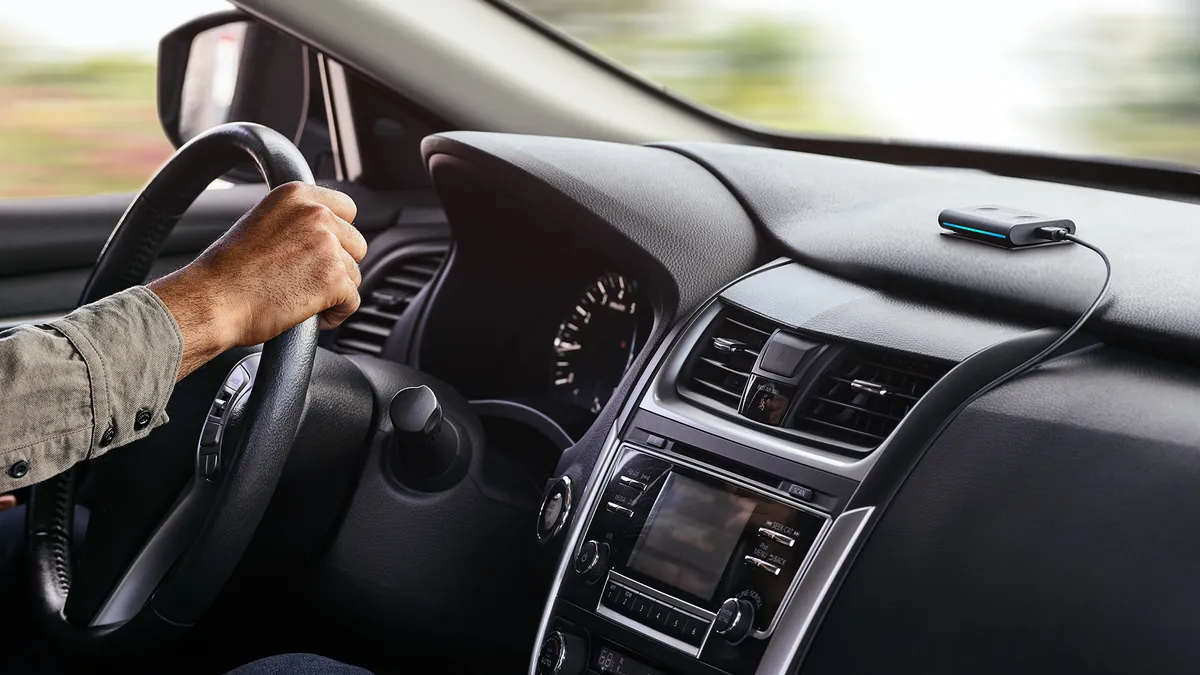Dive Brief:
- U.S. Trade Representative Robert Lighthizer will "examine all available tools to equalize the tariffs applied to automobiles," he said in a statement released Wednesday.
- Lighthizer called China's policies on auto tariffs "egregious" and said China's tariff on U.S. automobile imports is 40%, compared to the U.S. tariff on Chinese auto imports of 27.5%.
- The USTR statement follows a pair of tweets from Donald Trump in response to General Motors' decision to close several plants and layoff thousands of workers, in which Trump implied a higher tariff on cars imported to the U.S. could have prevented GM from closing factories. Lighthizer said his examination is "at the President's direction."
Dive Insight:
The auto industry and its supply chain have seen significant impact from tariffs. Steel tariffs led to increased prices on imports of the metal, and in turn inflated domestic steel prices, according to auto suppliers and executives who testified on Capitol Hill in September. Regardless of whether suppliers and OEMs continue to import steel from abroad or buy it domestically, they are paying more for steel to build their car bodies.
Ford's CEO said metal tariffs cost the automaker $1 billion in profits, and BMW cut its profit forecast, citing the trade war with China as a primary reason. A Honda executive at the September hearing testified tariffs are hurting the entire auto supply chain, calling the business environment in the U.S. "unsettling."
Additional tariffs on auto imports from China would affect any cars produced in China. Many American, German and Japanese automakers have plants or joint ventures in China.
The tariffs on $200 billion worth of goods from China also cover a wide range of goods, some of which are used in automobile production, such as gaskets and washers. Those tariffs are set to rise from 10% to 25% at the beginning of next year, putting yet another price hike on automakers' plates.
President Trump and Chinese President Xi Jinping are scheduled to meet at the upcoming G20 summit in Buenos Aires, Argentina, to discuss tariffs and other topics. The chances of Xi and Trump's meeting resulting in a trade deal is 40%, according to a bulletin published by Maine Pointe.
Trump said earlier this week the chances of holding off a tariff increase to 25% is "highly unlikely," and he repeated threats to impose tariffs on an additional $267 billion of goods from China, which would cover nearly all Chinese imports to the U.S.
Lighthizer said China's policies continue to cause "severe harm" to U.S. manufacturers, and "as of yet, China has not come to the table with proposals for meaningful reform."














